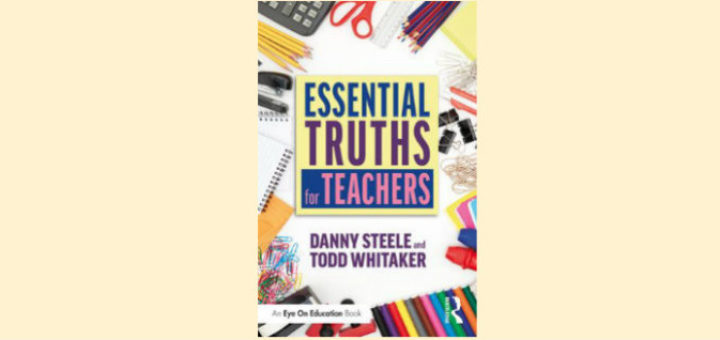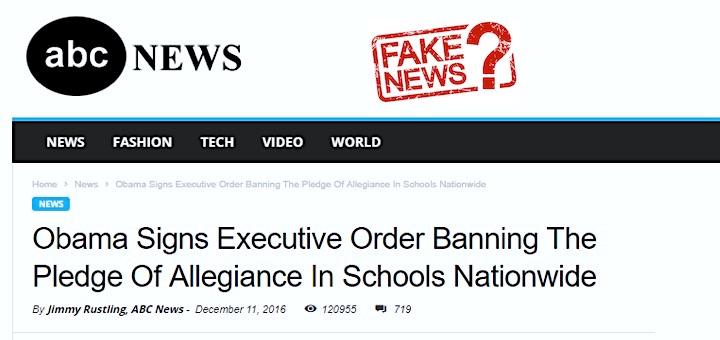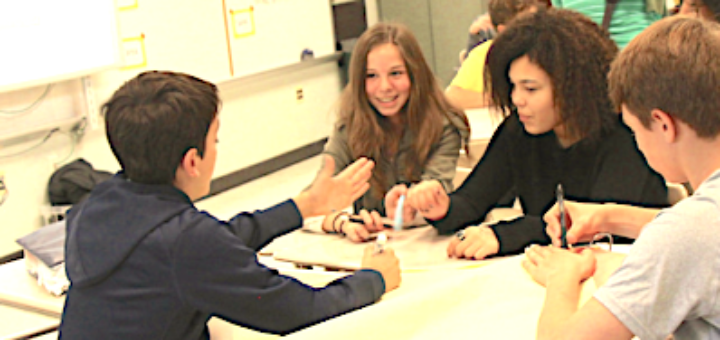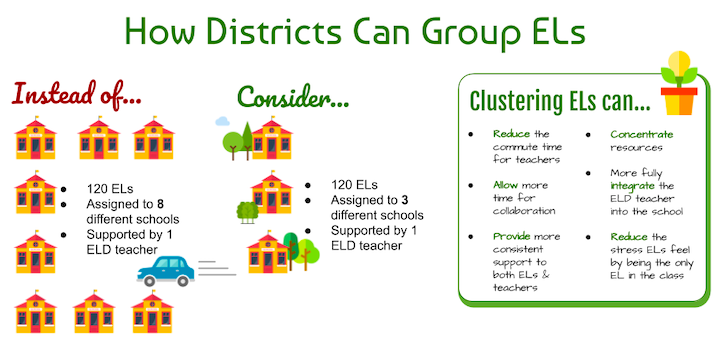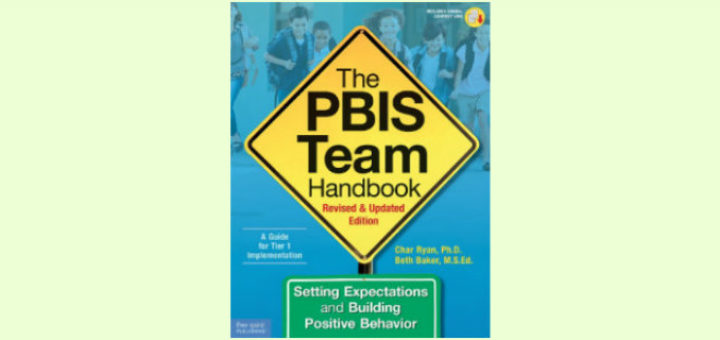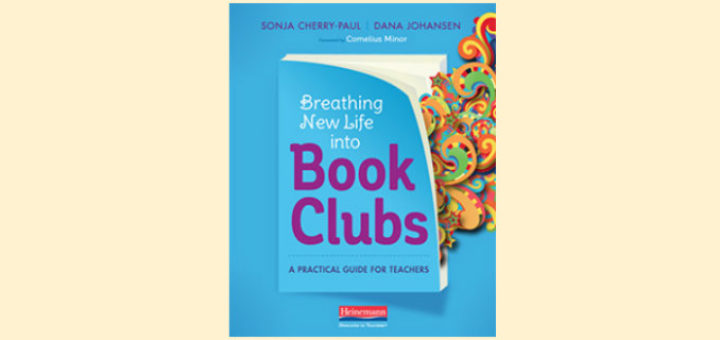Teaching and learning in grades 4-8
Danny Steele and Todd Whitaker have done an impressive job recognizing and explaining 56 Essential Truths to help teachers be the best they can be for students, writes school leader Doug Dunn. The 99-page book works as a quick read or a source for daily inspiration.
With the 2020 election underway fake news and deceptive social media posts and imagery are expected to become commonplace. Media literacy expert Frank Baker offers a lesson to help our always-connected students acquire some of the “healthy skepticism” skills they’ll need.
As the school year begins, Michelle Russell has plans to take Geoff Krall’s Necessary Conditions to class. She shares the norms, structures and routines she’ll implement starting day one, from establishing guidelines for group work to assuring academic safety.
New educators – particularly those in the middle grades – find themselves at the edge of the high dive, filled with enthusiasm and uncertainty. As they leap into the profession, Curtis Chandler shows how we can seek opportunities to provide support and collaboration.
Instead of peppering English learners around a large network of schools, districts can benefit those students and their EL support teachers by strategically clustering them, writes Tan Huynh. Included: Ideas to help achieve buy-in from content teachers.
The newly revised and resource-rich PBIS Team Handbook does an excellent job of breaking down what PBIS is, what it means to schools, and how effective it can be when implemented properly. The authors make a convincing case for Tier 1 implementation, says Christina Williams.
In Breathing New Life into Book Clubs teachers can follow a step-by-step format in planning for a book club unit of study, grouping students into book clubs, guiding students in setting up readings, and providing possible teaching points, writes Jacqueline Barreras.
Building Bridges provides strategies and techniques that can help engage students at risk through the power of relationships and create classrooms and schools where teachers can teach effectively. A worthwhile refresher and book study for educators, writes Anne Anderson.
6th grade teacher Amanda Xavier was skeptical when colleague Rose Reissman suggested a Mary Poppins book study, but their multimedia approach was a hit. “If a very old fashioned nanny can bring smiles and make modern kids sit up in class and take note, I say, ‘Cheerio’!”
Being a teacher who writes is the secret to being a successful teacher of writers! To help up your game, consultant and author Stacey Shubitz suggests ways to share your own writing in class with students and offers hints on how to develop and stimulate a personal writing habit.

